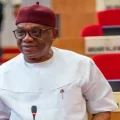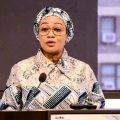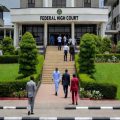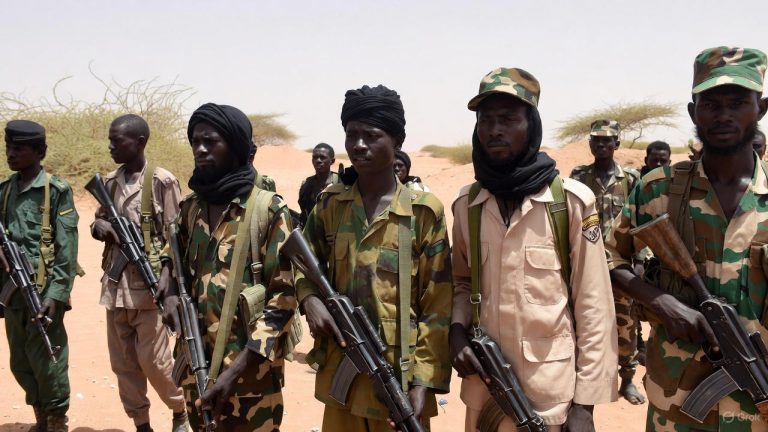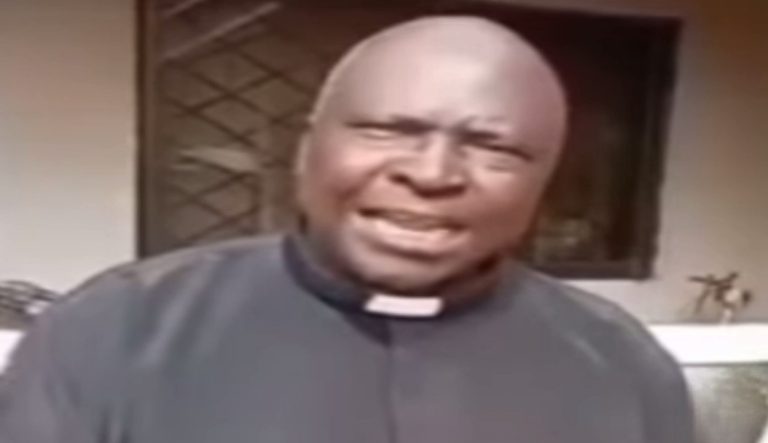
Live Sessions in Nigeria Highlight Regional Safety Pressures
The company attributed the Nigerian bans to widespread misuse of live streaming tools by some creators. Executives said compliance remained central to maintaining user trust across the region.
Attendees at the Dakar Summit included policymakers and civil society representatives from Nigeria, Senegal, Mali, Côte d’Ivoire, Burkina Faso, Chad, and Ethiopia. Delegates discussed trends that shaped digital safety interventions across the continent.
Experts at the summit reviewed issues that affected content moderation at scale. They noted that live streaming required constant monitoring to protect viewers from abusive or sexual content.
Conversations also examined how global standards could be adapted for African contexts. Speakers said tailored programs were essential to safeguarding emerging digital communities.
Digital Safety in West Africa Gains Focus as TikTok Expands Monitoring
TikTok said the summit was part of its wider #SaferTogether initiative across Sub-Saharan Africa. The company stated the program aimed to strengthen partnerships with institutions addressing online risks.
TikTok’s Outreach and Partnerships Manager for Sub-Saharan Africa, Duduzile Mkhize, addressed the gathering. She said the engagement offered critical insight into regional concerns.
“While global, we remain hyper-local in our day-to-day efforts,” she said. “The dialogue at this Summit is invaluable because only through insights sharing and collaboration with policymakers and local partners across West Africa can we prevent a fragmented and insecure digital environment.”
She added that unified action strengthened digital safety approaches across diverse user groups. TikTok said this collaboration reinforced its safety commitment at national and regional levels.
Mkhize emphasised that joint action supported responsible online participation. Her comments underscored the firm’s push to maintain safer digital spaces for creators and viewers.
Content Moderation in Africa Expands With Multi-Stakeholder Support
Stakeholders from local institutions examined the role of regulators in enforcing online protections. They said the sector faced rapid transformation that required strong oversight mechanisms.
Several organisations outlined how misinformation, sexual content, and violent extremism demanded coordinated responses. They said joint strategies enabled governments and digital platforms to manage risks more effectively.
A key contributor at the summit was Nigeria’s Dr. Akinola Olojo. He is known for his work on preventing violent extremism and advises TikTok through its Sub-Saharan Africa Safety Advisory Council.
Dr. Olojo told delegates the partnership model had produced actionable outcomes. He said collaboration helped guide improvements in digital behaviour across affected communities.
“The convening of various stakeholders in Dakar, sharing insights for collaborative action, proves that the work we do alongside TikTok is not in vain,” he said. “We must move beyond reactive measures and continue to build proactive systems that empower communities to resist radicalization and leverage online spaces for positive social impact.”
His comments reflected ongoing global discussions on reducing online harms. International agencies have similarly urged platforms to apply structured safety protocols.
TikTok Safety Policies Drive Global Enforcement Measures
TikTok’s global enforcement data showed the extent of its content moderation activity. The company said it removed over 189 million videos in the period reviewed.
The platform reported that the removals represented 0.7% of all content uploaded in the quarter. It said these actions were mostly driven by automated detection systems.
About 163.9 million videos were flagged using AI-based moderation tools. TikTok stated 99.1% of them were detected proactively before users reported the content.
The firm said 94.4% of global video removals occurred within 24 hours. It noted that these metrics illustrated the responsiveness of its monitoring systems.
TikTok also removed 76,991,660 fake accounts during the same quarter. It added that 25,904,708 accounts were taken down for being suspected underage users.
Live Sessions in Nigeria Reflect Larger Global Safety Trends
Analysts noted that the figures from Nigeria aligned with global moderation patterns. They said rapid increases in live video use created heightened oversight pressure worldwide.
Industry observers said live-streamed content often bypassed traditional review pipelines. They indicated that real-time streaming required dual layers of automation and human review.
Safety organisations in Africa have recently highlighted the need for online accountability. They said tools used by TikTok and other platforms supported broader regional safeguards.
Nigeria has been a growing focus for digital policy engagement. The country’s expanding youth population has contributed to rising social media adoption.
Experts said platforms must continue prioritising youth protection frameworks. They said Nigeria’s large creator base required consistent guidance on responsible digital practices.
Compliance Efforts in Nigeria Strengthen Community Protection
TikTok’s data showed that 3,780,426 Nigerian videos were removed between April and June 2025. The company said these actions related to various Community Guidelines violations.
TikTok stated that 98.7% of the Nigerian videos were removed before being viewed. It added that 91.9% were taken down within 24 hours of detection.
The company said these rates demonstrated improvement in proactive enforcement. It noted that enhanced detection mechanisms reflected wider system upgrades.
Digital researchers said Nigeria’s content trends continued to influence regional policymaking. They said moderation models were evolving to address concerns shared across West African countries.
Authorities in several states have been examining how to coordinate frameworks with industry partners. They said collaborative mechanisms helped manage user concerns more efficiently.
The Dakar summit provided another platform to consolidate these approaches. Participants said it advanced discussions on strengthening community resilience in online spaces.
Building Regional Structures for Safer Online Participation
Delegates said West Africa’s digital environment required unified governance. They said cooperation between platforms and policymakers was necessary for addressing harmful behaviour.
Experts pointed to earlier cross-border safety initiatives in East and Southern Africa. They said these models demonstrated the value of standardised practices.
Analysts observing the summit said similar structures could benefit West African users. They said such frameworks helped prevent uneven enforcement across territories.
Related: Court Hands Tailoring Apprentice One-Year Sentence in N450,000 Internet Fraud Case
Several pan-African institutions have encouraged investment in digital literacy programs. They said improved knowledge helped communities respond better to online risks.
TikTok said its reporting underscored the importance of accountability. The platform said it would continue publishing enforcement data to support transparency.

